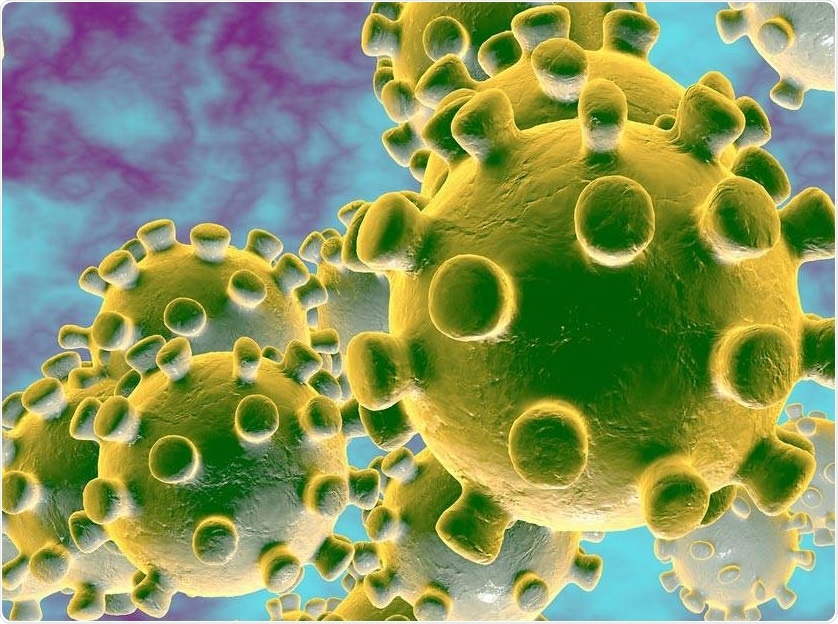The novel coronavirus COVID-19 is rapidly spreading around the globe, infecting more than 90,000 and killing more than 3,000 people. Now, an epidemiologist says it may eventually threaten about 70 percent of the world's total population.
"That is a projection, so we will find out if it is accurate as things go on. It is the best estimate that I have been able to make based on a combination of the mathematical models that we use to track and predict epidemics," Lipsitch said.
The rapid increase in cases outside China has sparked fears that the coronavirus outbreak is just starting. China, where Wuhan City, the epicenter of the outbreak, is located, is just the tip of the iceberg. Over the coming months, the outbreak may worsen, infecting many people around the globe.

Novel Coronavirus SARS-CoV-2
Millions of people dying
If the projections are accurate, Lipsitch added that millions of people would die from coronavirus disease (COVID-19). However, he added that though the situation is most likely going to be like that, it is important to turn concerns into actions to make the situation better.
Also, he emphasized that as the age goes up, the susceptibility to symptomatic infection heightens, too. For symptomatic patients, the risk of death increases. Older adults are at the highest risk of contracting the disease, particularly those who are 65 years old and above.
The COVID-19 outbreak has taken a toll on many countries, especially China, South Korea, Italy, and Iran. More countries have also reported their first cases of the coronavirus.
Prepare for the worst
The new coronavirus, known as sudden acute respiratory syndrome coronavirus two or SARS-CoV-2, can cause a respiratory illness that can be severe. The disease officially called COVID-19 has a fatality rate of less than 2 percent, which makes it lower than other outbreaks in the past.
However, due to the rapid spread of the virus, health officers and experts are concerned about the possible impact of the outbreak on the community.
Marc Lipsitch said that containment is essential in preventing the spread of the virus. It is the first step in responding to an outbreak. Health officials will detect confirmed cases and trace all direct contacts of the patient to impose a quarantine period. This way, infected individuals will not roam around and infecting others.
Also, he suggested that businesses and companies should make it easier for people to work at home, especially during this pandemic.
Though some people brush off the severity of the situation, Lipstich said that SARS and MERS should be aware COVID-19 has ten times bigger than SARS and ten bigger than SARS.
"This is not an existential threat. This is, qualitatively, it is very much like a bad pandemic of influenza, which we experienced arguably twice or three times in the 20th Century. It's worse than the one that we experienced in 2009. However, none of those brought civilization close to its knees. They made things awful for a while," Lipstich added.
South Korea, Italy, Iran face a health crisis
The countries, South Korea, Iran, and Italy, are now in a state of emergency as the number of confirmed cases increases. South Korea, next to China, has the highest number of infections of 5,186 infections and 28 deaths.
Italy has more than 2,500 cases and 79 deaths, while Iran has a staggering 77 deaths and more than 2,336 confirmed cases. The World Health Organization (WHO) reports that six countries have reported their first coronavirus cases, including Dominican Republic, Iceland, Armenia, Czechia, Luxembourg, and Indonesia.